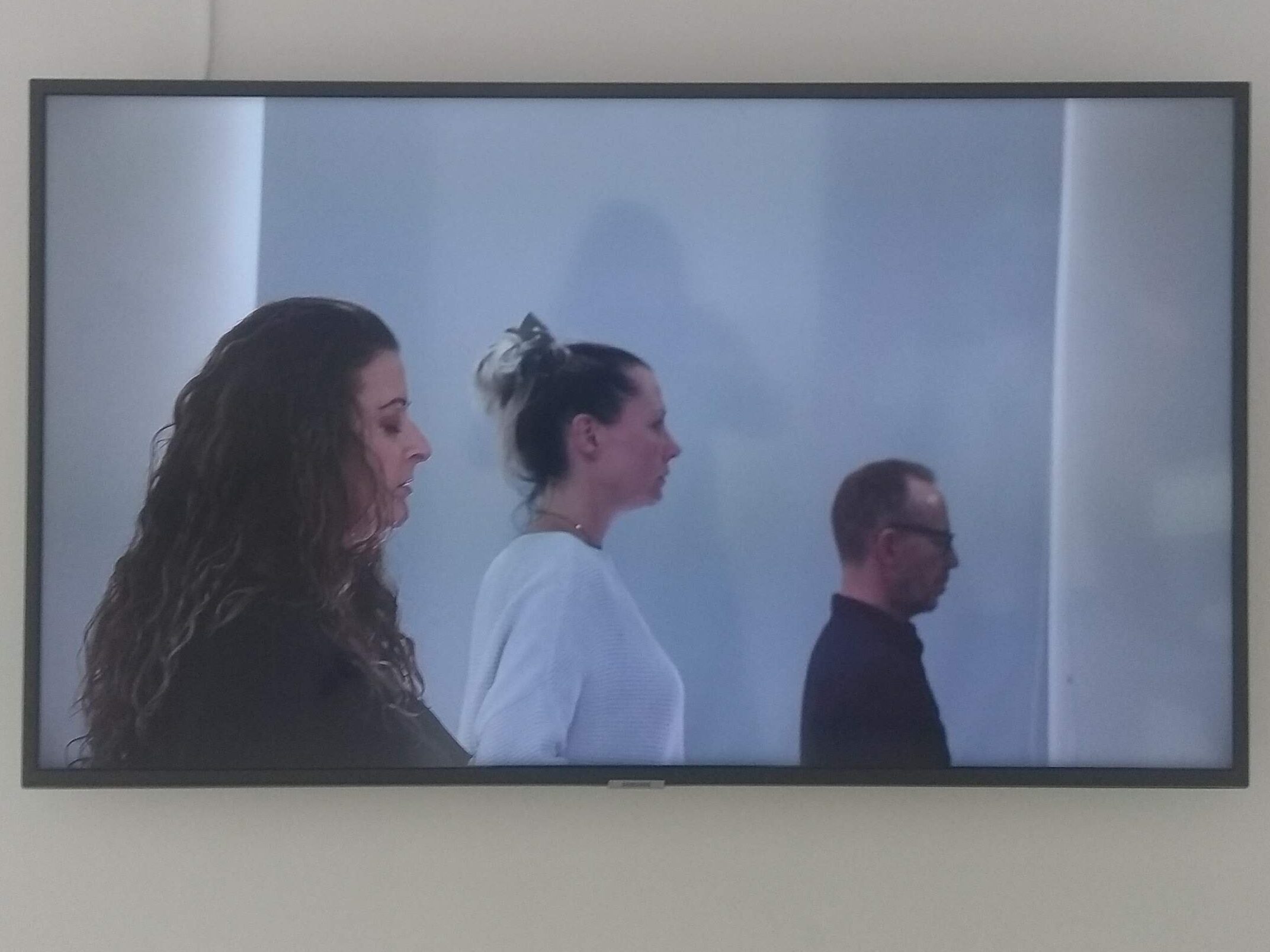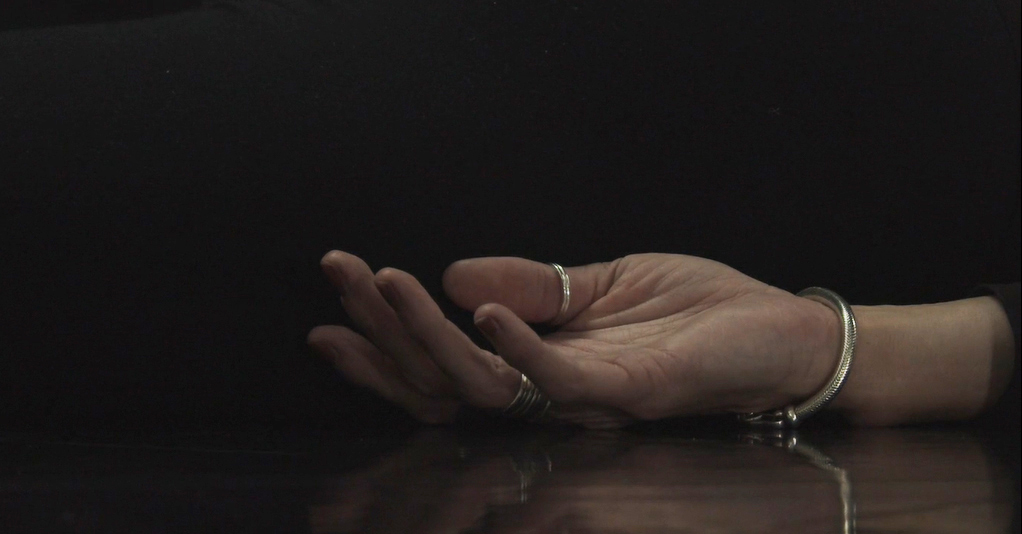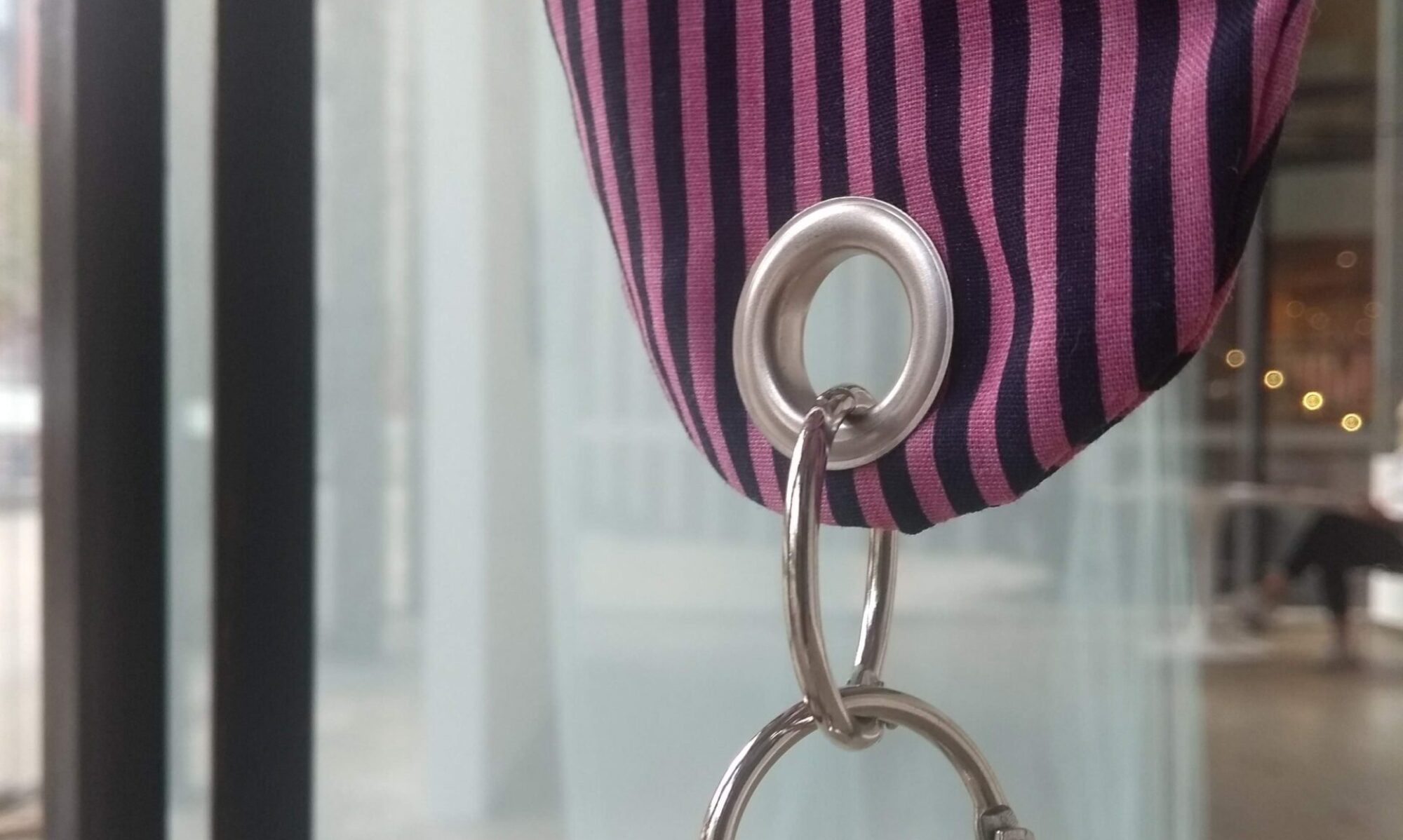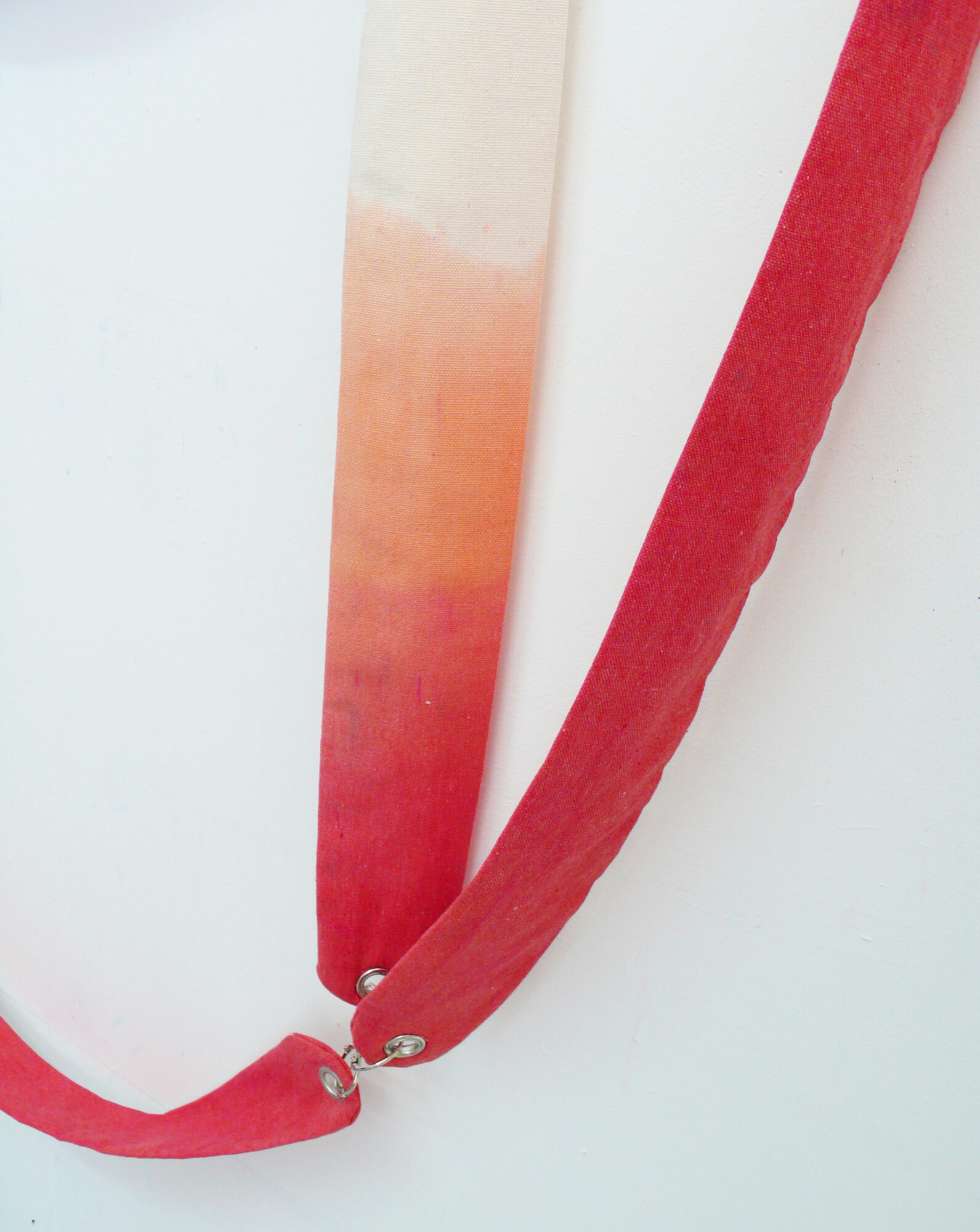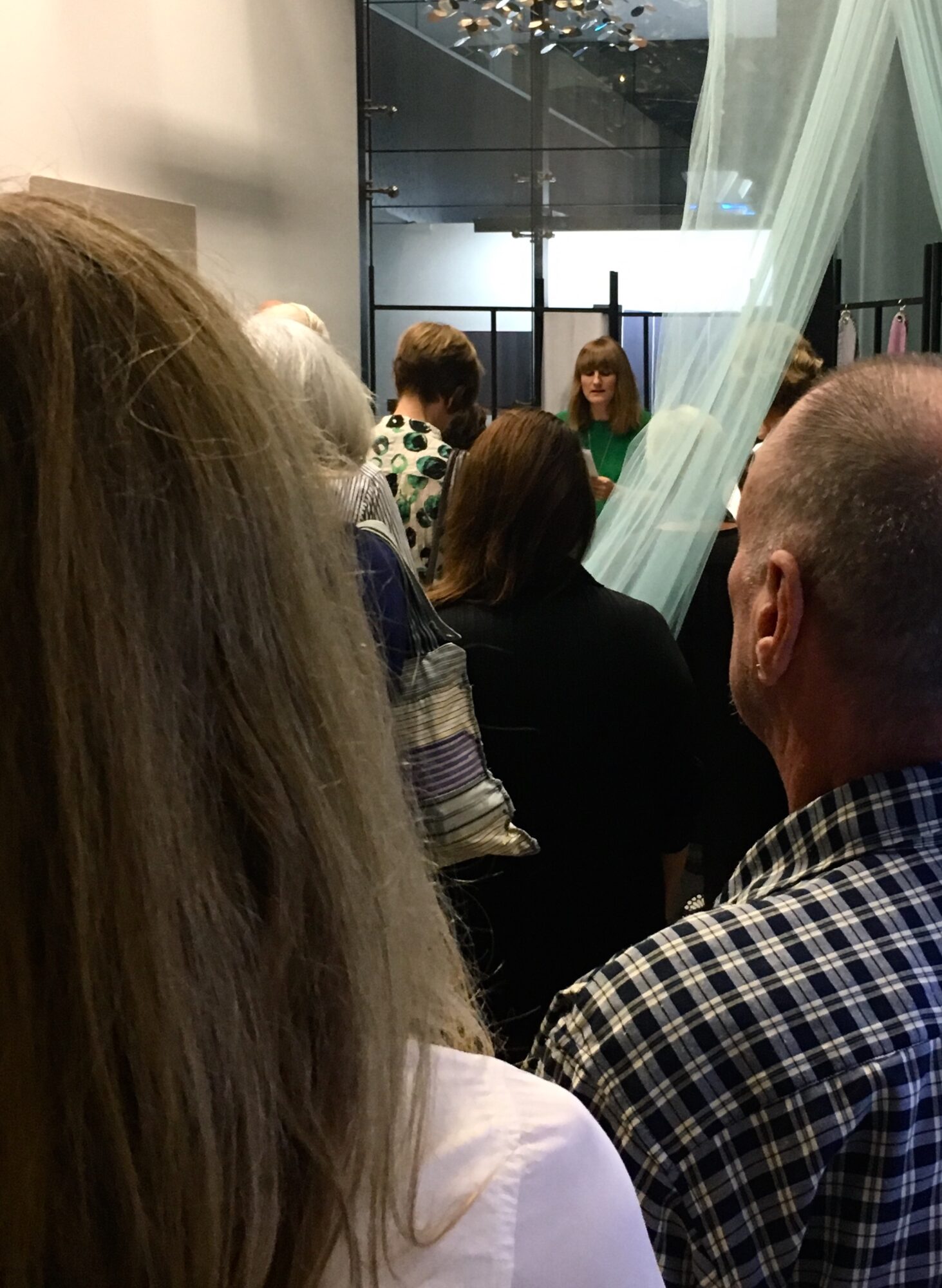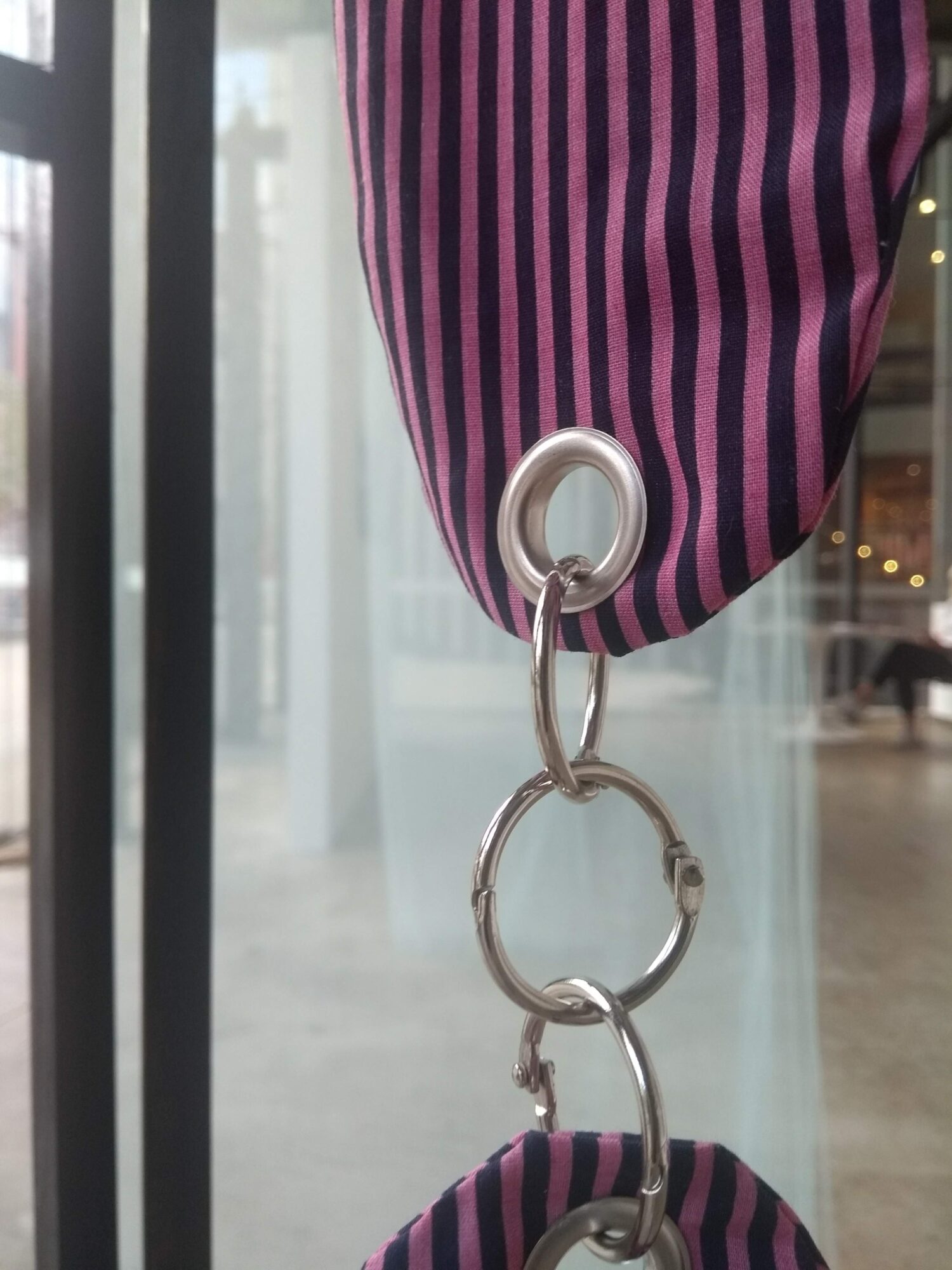Current Research Roles
Lecturer, MLitt Fine Art Practice, Post Graduate Programme,
The Glasgow School of Art
Phd Candidate at the Royal College of Art, London, UK
Research funding with AHRC TECHNE Doctoral Training Partnership
Founding member of the Speaking of Her, Research Network, Royal College of Art, London
Performative Readings and Lectures
Carolee Schneeman’s Feminist Frottage: “Speaking With” Parts of
a Body House, The Courtauld Institute of Art, 2022
Confabulations, with Dr Zoë Mendelson, Durham and Queens Universities, 2022
No, as part of the book launch for PROVA 5, Southwark Gallery, London, 2022
Calling Occupants, as part of INTERIOR/INTERIOR, UAL, London/Online, 2021
Performance Writing, RCA, London, 2020
The Urgency of the Arts, NAFEA Conference, RCA, London, 2019
AUTO//FICTION, RCA, London, 2019
Speaking With, RCA, 2019
Say Something Back, Merton College, Oxford, 2019
Flight Mode, Assembly Point, London, 2018
The Blue Hour, Safe Houses, London, 2017
Billy, Schneiderei, Vienna, 2017
The Cup, RIAT, Vienna, 2016
Publications
Fraser, M., ‘I care by using I, but not speaking about me’ , I Care By … , Fraser, M. et al., eds., RCA Communiqué London. 2022 (upcoming)
Fraser, M. and Blackshaw, G., ‘Sick Pleasure’ PROVA 6, Royal College of Art, London. 2022(upcoming)
Fraser, M., ‘Careless Reply’, Careless, Blackshaw, G. and Kivland S. (eds), MA Biblioteque, London. 2021
Fraser, M., ‘No,’ PROVA 5, Fraser, M. et al., eds., Royal College of Art, London. 2020/2022
Parts of a body house (after), 2019 (artist’s book)
Dream’n Wild, Alaska Projects, Sydney/Vienna. 2019
AUTO//FICTION, Royal Collage of Art, London. 2019
PROVA 4, Royal College of Art, London. 2017
Billy 2017 (artist’s book)
Looking at Painting, Volume 2. 2016
Sculptors/Sculpting, ORF III Television, Austria, broadcast Oct. 2016
Fluc – Tanz die Utopie!, Falter, Vienna. 2014
What is an art book V2, Modern Language Experiment (eds.), London. 2014
WUK Kunstahalle Exnergasse 2012, WUK, Vienna. 2013
Afterimage, Kunsthalle Exnergasse, WUK, Vienna. 2012
Marita Fraser, Love of Diagrams, Bucher Verlag, Austria. 2010 (monograph)
—
PhD Project, Royal College of Art
Speaking With: New Forms of Notation for Scoring Excess
Keywords: Feminism, Refusal, Performance, Score, Excess
Events:
Texts as Dinner Guests, or, Corresponding with Other Voices, Research Masterclass with Sophie Seita. Thursday 12 May 2022, The Courtauld Institute of Art, London.
Role: Invited participant
Calling Occupants, as part of INTERIOR/INTERIOR, 28 October 2021, UAL, London/Online, 2021
Role: Presenter
Writing / Performance, organised by RCA Writing and Performance, School of Arts and Humanities. Jan 30-31, 2020, Royal College of Art, London.
Role: Presenter
Speaking With, keynote speakers Carol Mavor and Nadia Hebson, June 12, 2019, Royal College of Art, London.
Role: Organiser and Presenter
AUTO//FICTION, keynote speakers Sally O’Reily and Beatrice Gibson, July 9, 2019, Royal College of Art, London.
Role: Organiser, Presenter and Chair
NAFAE Research Conference 2019, March 2019, Royal College of Art, London.
Role: Organiser and Presenter
Say Something Back, organised by Visiting Research Fellow in Creative Arts at Merton College, Professor Rebecca Fortnum.
Feb 28, 2019, TS Eliot Theatre, Merton College, Oxford.
Role: Presenter
(Re)enactment with Ali Smith, May 7, 2019 Royal College of Art, London.
Role: Panel participant
Master Class with Chris Kraus, October 30, 2018, Goldsmiths MARs Research Hub, London.
Role: Invited presenter and participant
PHD Abstract
I propose the term speaking with as a feminist method of practice that works with material, bodies and archive; bringing readers, writers, makers and the materials of practice close. Speaking with holds in mind an awareness of proximity, resisting the urge to colonalise that which we come close to. Frottage, Fandom, I love to you (Irigaray) are examined as modes of speaking with and the work of Beatrice Gibson, Florence Peake and Carolee Schneeman are discussed in order to tease out what speaking with offers feminist practitioners today. The score, as instructional text based works, has been utilised in art practice from the late 1950’s to the present. This research project is a feminist analysis of the use of scores in art making, through the lens of three key terms: speaking with, refusal and voicing excess. This project asks where and how to we situate the work of others within our practice, and how does the score bring this about.
Refusal is a processual force in art practice and writing that creates spaces of cultural production from which feminist, maternal, non-normative and non-patriarchal voices can be heard. This project foregrounds Italian feminist Carlo Lonzi’s construction of herself as ‘nothing’, as a cultural body acting through and within refusal, as a starting point to ask how does ‘nothing’ speak. The research considers the writing of Carla Lonzi; the poetry and essays of Anne Boyer; the writing and performance of Yvonne Rainer, and the performative practice of Florence Peak, as refusal as a method continues to connect to the urgency of the arts today and why the score is a necessary form in enacting refusal.
The score was embraced by feminist art practitioners through the 1960’s and onward as an important method of making work which enabled a space ‘off the page’, between text and its reading/performance via endless mutable repetitions, to be activated. It is this ‘off the page’ space generated through the making and performance of scores which holds and speaks of excess. Here I understand excess to be the subjective, the collaborative, the personal and the social; being poly-vocal and chorus like. The score as text work sits across genres of poetry, fiction, autofiction, instruction and script. As a slippery form of writing and performing, the score allows for collaboration in authorship, voices, and bodies. Within contemporary practice, the score continues to be a vital form in text, film, painting and performance practices. Through my own practice of writing, performing, film making and painting, and feminist analysis of others, this project offers speaking with as a new method for thinking about and working with score based practice.
